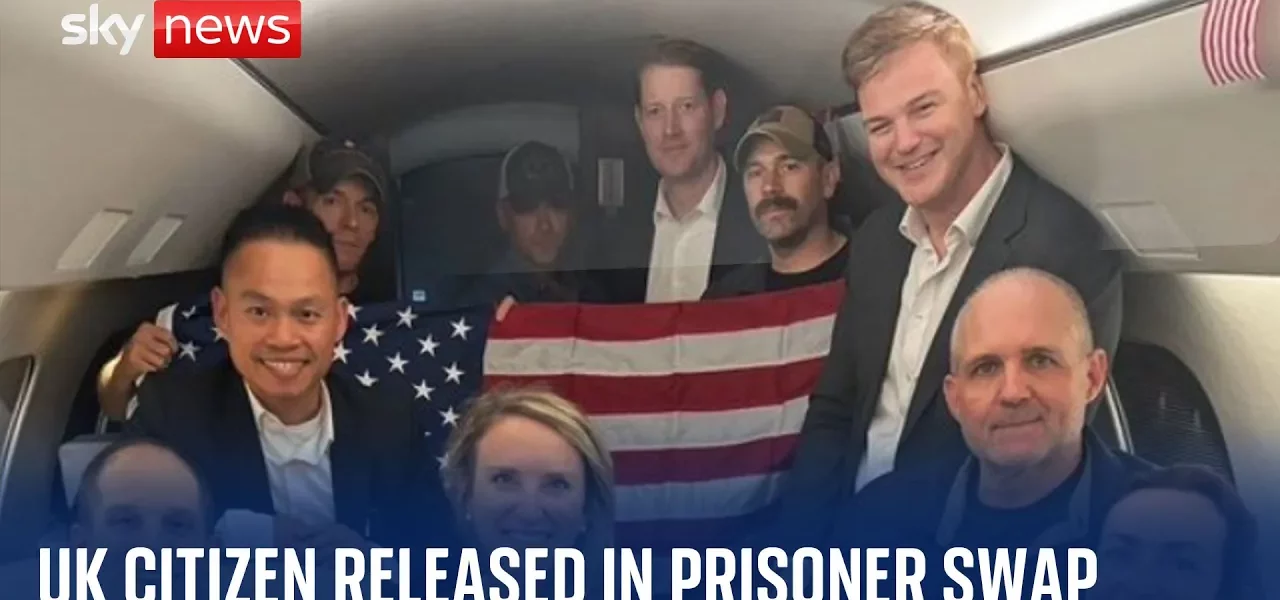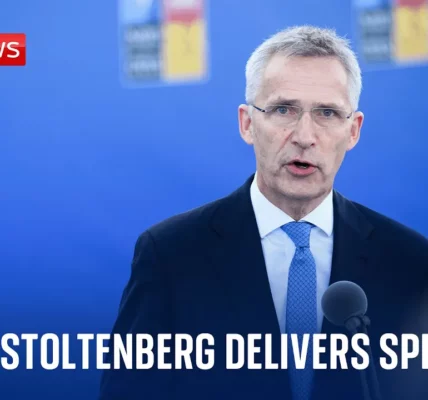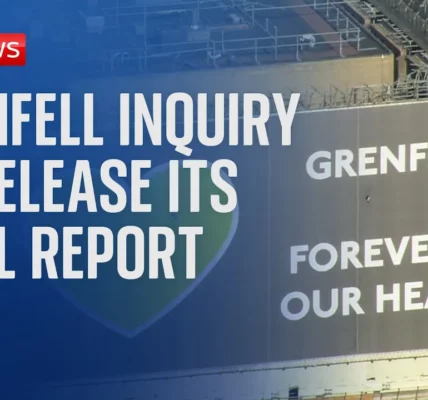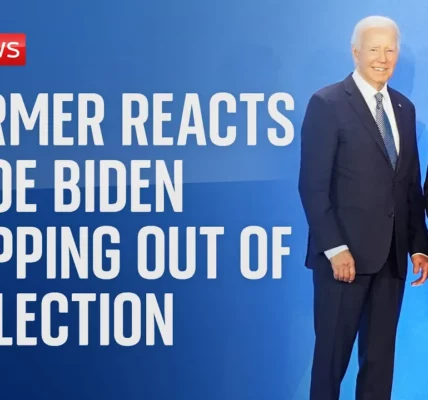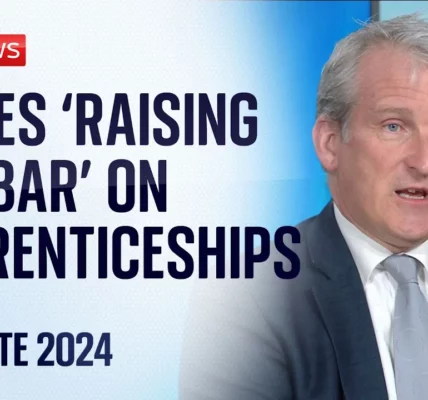Historic Prisoner Exchange: Evan Gershkovich’s Release and Its Implications

This article delves into the monumental prisoner exchange involving Evan Gershkovich, highlighting the circumstances surrounding his release, the geopolitical implications, and the reactions from both sides of the negotiation. This significant event marks a pivotal moment in Russia-West relations.
Introduction
The recent release of Evan Gershkovich marks a watershed moment in U.S.-Russia relations, culminating in a significant prisoner exchange that has far-reaching implications. After spending six harrowing years in a Russian prison, Gershkovich’s release, alongside dozens of other prisoners from various countries, has sparked discussions about the nature of diplomacy and the complexities of international negotiations. This article explores the details of the exchange, the key players involved, and the broader context of East-West relations in light of this unprecedented event.
The Details of the Exchange
The exchange took place at Anora Airport, reminiscent of a scene from a Cold War-era spy film. Over the course of the operation, 16 prisoners were exchanged for 8, marking the largest swap between Russia and Western nations since the end of the Cold War. This event not only signifies a shift in diplomatic relations but also highlights the human element involved in such transactions.
Key Figures in the Exchange
- Evan Gershkovich: A former U.S. Marine and journalist, he was held for over six years.
- Vladimir Karoza: A British-Russian national and Kremlin critic, viewed as a political prisoner by the West.
- Vadim Krasikov: An FSB assassin sentenced to life in Germany for murder.
- Maria Butina: Convicted of espionage in the U.S. in 2018, now a member of the Russian Parliament.
Motivations Behind the Exchange
Understanding why Russia sought the return of these individuals, despite their criminal backgrounds, reveals much about the Kremlin’s strategic priorities. The motivations intertwine national pride, political maneuvering, and the desire to maintain influence both domestically and internationally.
Political Significance
- National Pride: The return of these prisoners serves as a symbol of strength and resilience for the Russian government.
- Diplomatic Leverage: By engaging in this exchange, Russia demonstrates its ability to negotiate on the world stage.
- Internal Support: The Kremlin aims to reinforce its narrative of protecting Russian citizens, even those accused of serious crimes.
Western Perspectives
The West, particularly the United States, views such exchanges with skepticism, often accusing Russia of engaging in hostage diplomacy. Analysts argue that while this event is a positive development, it could pave the way for further hostage situations in the future.
Reactions to the Exchange
The response to this historic exchange has been overwhelmingly positive among the families of the released prisoners and their supporters. Many gathered in the White House to celebrate this momentous occasion, highlighting the emotional relief and joy that accompanies such news.
Government Reactions
President Biden expressed his relief and gratitude, emphasizing the long journey that led to this moment. The negotiation process was reportedly fraught with difficulties, yet the successful outcome has reinvigorated hopes for future diplomatic engagements.
Public Sentiment
Public opinion varies; while many celebrate the return of loved ones, others remain wary of potential future exchanges and the implications of negotiating with a government perceived as adversarial.
Looking Ahead: What’s Next for U.S.-Russia Relations?
While this exchange signifies a potential thaw in relations, experts caution against over-optimism. The complexities of ongoing geopolitical tensions, particularly regarding the war in Ukraine and other global conflicts, suggest that this event may be an isolated incident rather than a precursor to broader cooperation.
Possibility of Further Agreements
The lack of linkage between this exchange and larger geopolitical issues may indicate a unique opportunity for negotiation. However, analysts warn that significant challenges remain:
- Continued tensions over Ukraine
- Human rights issues within Russia
- Cybersecurity threats and espionage allegations
Conclusion
The release of Evan Gershkovich marks a significant chapter in the ongoing narrative of U.S.-Russia relations. This historic prisoner exchange not only sheds light on the complexities of international diplomacy but also highlights the human aspect of such negotiations. As we reflect on this moment, it is crucial to remain vigilant and aware of the broader implications it may hold for future diplomatic endeavors. For more insights into international relations and the dynamics of diplomacy, be sure to explore our related articles.
“`
